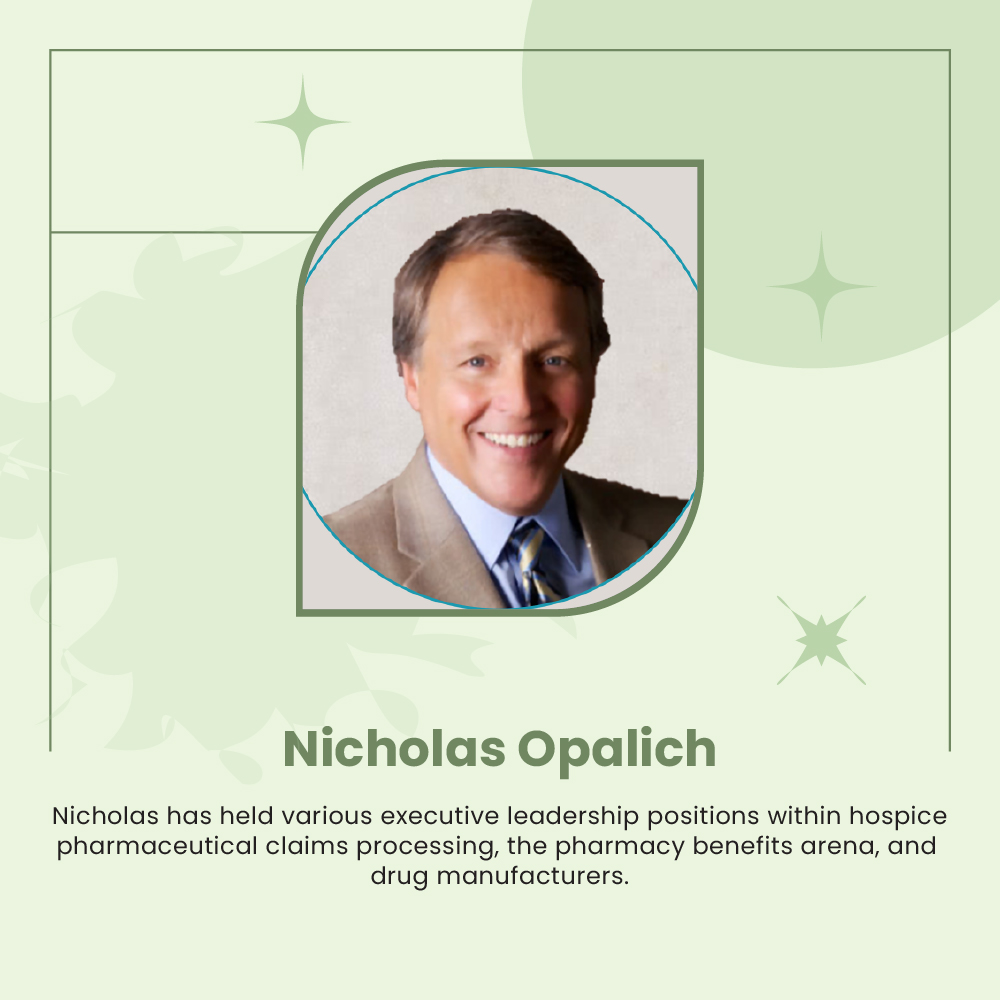
Hospice care focuses on providing comfort and maintaining the highest possible quality of life for patients nearing the end of their lives. An integral part of this compassionate approach is optimizing hospice pharmacy services. Effective pharmacy management goes beyond merely dispensing medications—it involves a holistic approach that ensures medications are used appropriately, effectively, and compassionately. Here, we explore several strategies to optimize pharmacy services in hospice care, ensuring patients receive the best possible support during their most vulnerable times.
Streamlining Medication Management
A collaborative approach can significantly enhance the quality of hospice pharmacy services. This involves pharmacists working closely with doctors, nurses, and other healthcare professionals to create a care plan that addresses each patient’s specific needs. Pharmacists bring a unique perspective, helping the team understand the pharmacodynamics and pharmacokinetics of medications, which is crucial in managing symptoms effectively and minimizing side effects.
Utilizing Technology
Technology plays a pivotal role in modern hospice pharmacy management. Electronic medical records (EMR) and pharmacy management systems can ensure accurate tracking of medication histories, allergies, and interactions. These systems also facilitate seamless communication among care team members, ensuring everyone is up-to-date with the patient’s condition and treatment plan.
Personalized Patient Care
Each patient’s end-of-life journey is unique, and personalized care is paramount in hospice settings. Pharmacists have the expertise to tailor medication plans that meet patients’ individual needs and preferences, considering factors like age, weight, organ function, and concomitant diseases. This personalized approach ensures patients receive optimal symptom control with minimal side effects, enhancing their quality of life.
Educational Support for Families and Caregivers
Educating families and caregivers about medication management in hospice care is essential. Pharmacists can provide detailed explanations about how to administer medications correctly, recognize potential side effects, and understand the goals of palliative treatment. This education is crucial for managing expectations and ensuring caregivers are well-prepared to support their loved ones effectively.
Advanced Symptom Control Techniques
Symptoms such as nausea, anxiety, constipation, and dyspnea also significantly affect patient comfort. Advanced training in palliative care pharmacology allows hospice pharmacists to use traditional and novel pharmacological approaches to manage these symptoms effectively. For instance, using transdermal patches for continuous symptom control can be an excellent alternative for patients who have difficulty swallowing pills.
Integrating Non-Pharmacological Approaches
While medications are often necessary, integrating non-pharmacological approaches can enhance comfort and symptom management. Techniques such as massage, aromatherapy, and music therapy can provide significant relief and are increasingly recognized as important elements of holistic hospice care. As part of the care team, pharmacists can advocate for and help coordinate these therapies to complement pharmacological treatments.
Continuous Professional Development
The field of hospice care is constantly evolving, and ongoing education is essential for pharmacists specializing in this area. Regular training and professional development opportunities help pharmacists stay updated with the latest palliative care medications and pain management strategies advancements. This commitment to learning ensures that pharmacists continue providing patients with the most effective and compassionate care.
Optimizing hospice pharmacy services goes beyond the basics of medication management. It involves a comprehensive approach that includes collaboration, technology, personalized care, education, advanced symptom control, and the integration of non-pharmacological therapies. By focusing on these areas, hospice pharmacists can significantly enhance the quality of care provided to patients, ensuring that their final days are as comfortable and dignified as possible. This holistic approach supports patients and provides their families with the comfort of knowing their loved ones are receiving the best possible care at the end of life.